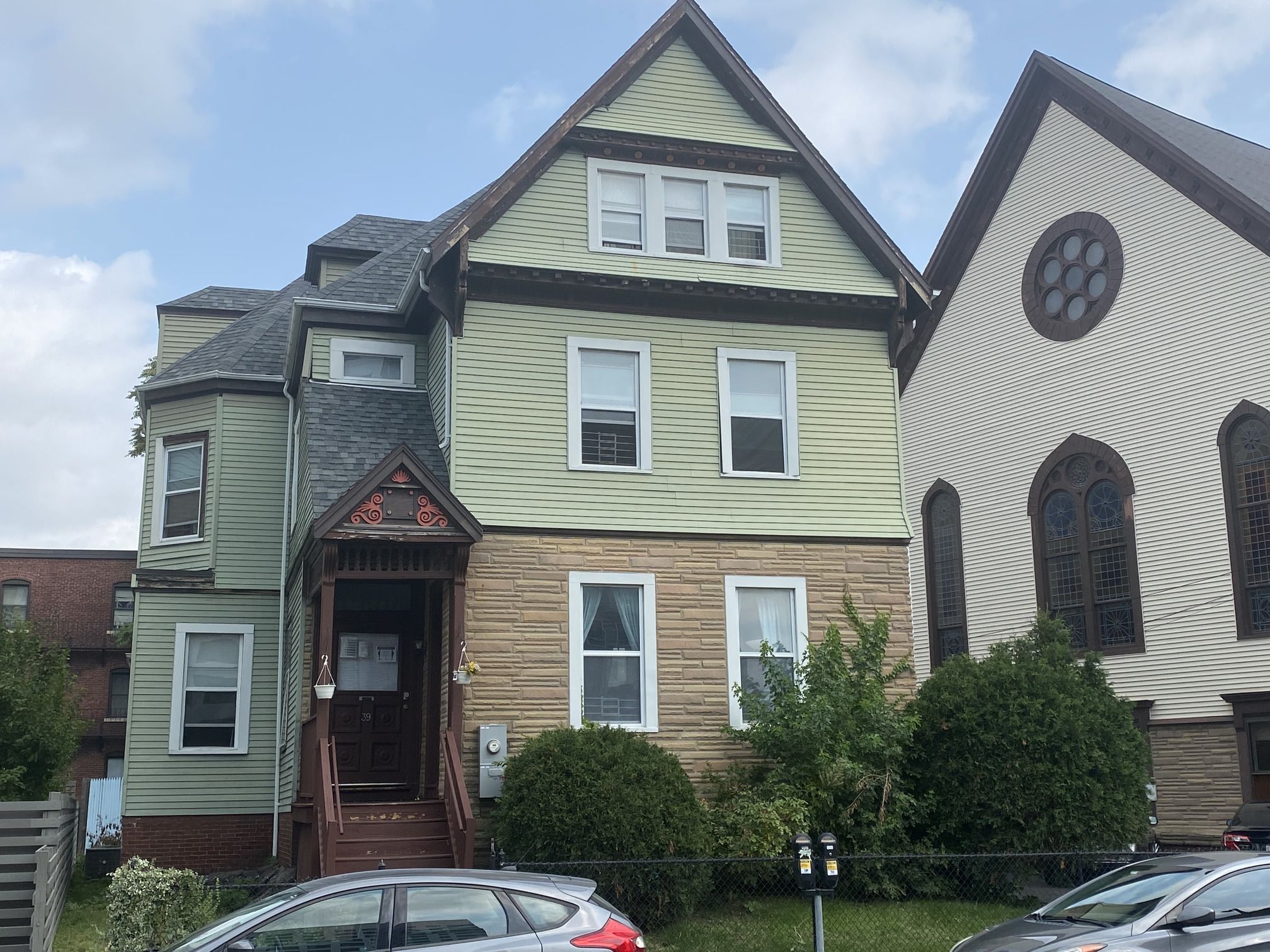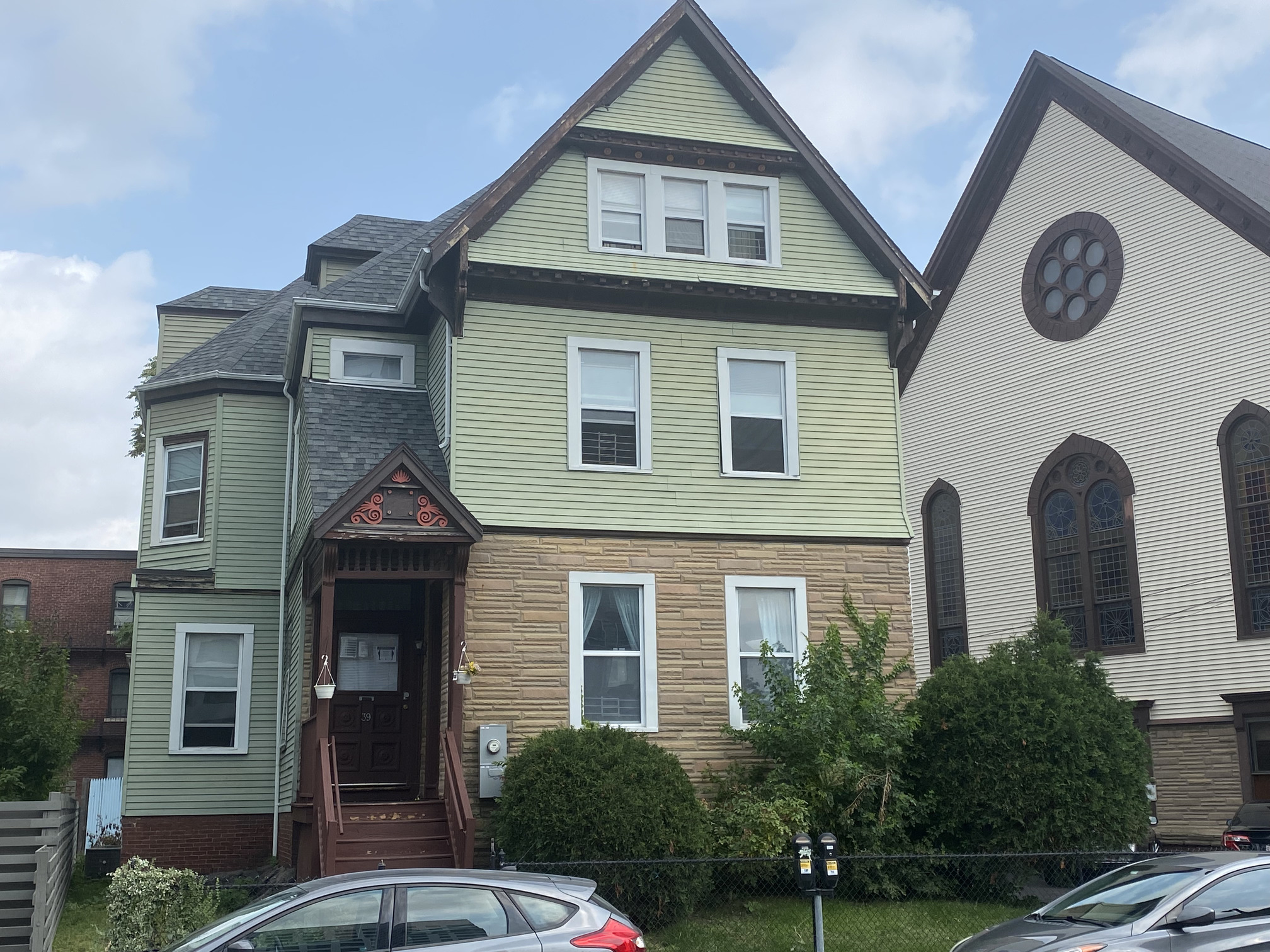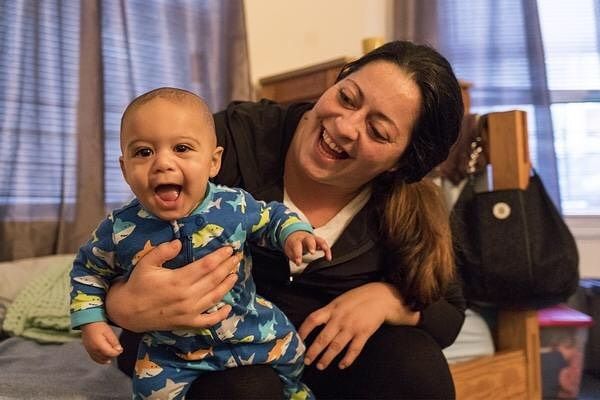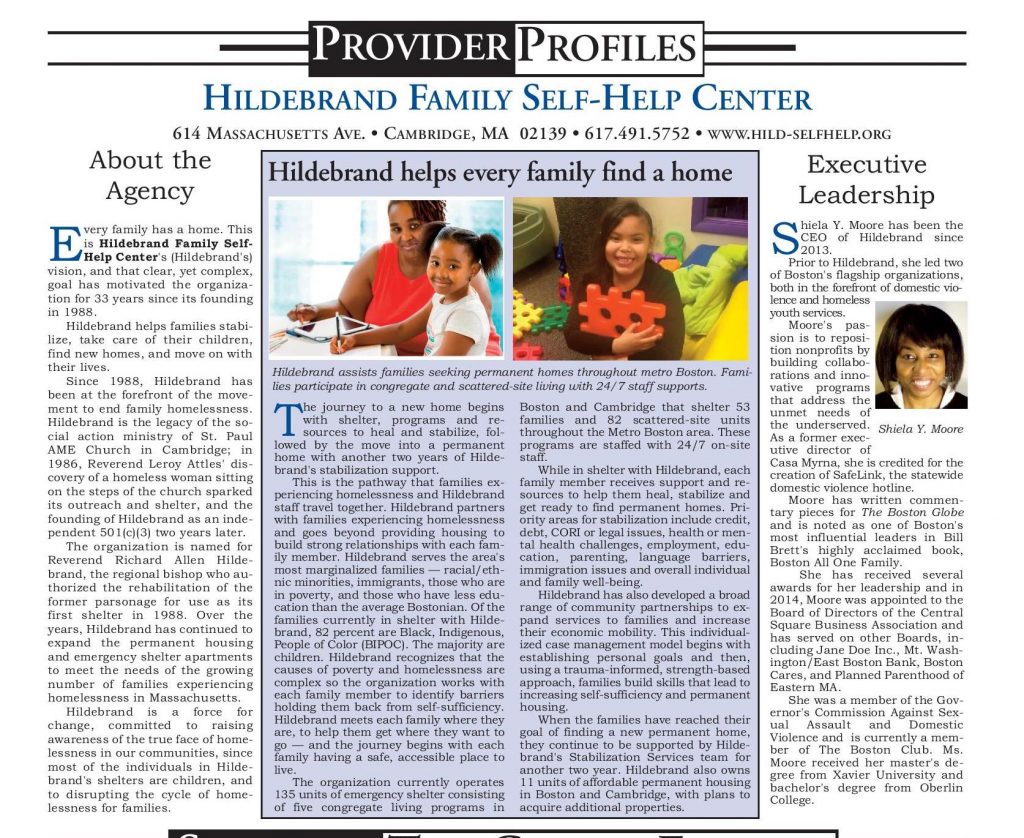I often wonder what people mean when they say, “People are hurting.” The expression is usually mentioned as a reference to the economic conditions people have been experiencing and is informed by your own lived experience or whom you know. The economic conditions of the lowest income families have never been good but became worse over the last year, and Blacks/African Americans have been disproportionately impacted by the economic slowdown because of the fallout of COVID-19. This is reflected in who is now falling into homelessness. At Hildebrand, we have seen this change in the last year in the families we shelter.
Latinos have historically been the largest racial group of families at Hildebrand, constituting 49% of those we served, followed by Blacks/AA 45%, White and all others 6%. By the end of 2020, a shift occurred such that Blacks/African Americans now make up 57.85% of families in our emergency shelter program, more than all others combined, as Hispanic families dropped to 25%. This also outpaces the 2019 HUD Point in Time nationwide survey that reflected Blacks/AA families experiencing homelessness were 52% of all racial groups. This is alarming when put in a larger context: Blacks/AA only make up 6% of the population in Boston and 13% nationwide. This downward spiral toward emergency shelter is fueled by the Massachusetts unemployment rate still hovering around 10% for Blacks/AA in Massachusetts, according to the U.S. Bureau of Labor Statistics (it was 10.2% in February 2021).
In “normal” years, 44% of Hildebrand heads of households are employed. However, in 2020 it dropped to 31% with an average income of $12,000. Although not a panacea for the disparities that Blacks, indigenous, and other people of color (BIPOC) face, there is a ray of hope for strengthening the pathway to self-sufficiency for low-income families, provided by the new American Rescue Plan.
The employment and income changes that continue to drive families into homelessness make the implementation of the American Rescue Plan essential. President Joe Biden just signed into law the $1.9 trillion plan that is getting attention primarily because it will deliver $1,400 stimulus checks for many households. However, long after the checks have been spent or saved and then forgotten, it will be the lesser-discussed aspects of the Plan that should have the longer-range impact. At Hildebrand, we are excited about these aspects of the plan because they support our families moving toward economic stability.
The American Rescue Plan has many layers targeted at low-income households. The two biggest items that will bring improvements are the child tax credit (CTC) and the earned income tax credit (EITC). They will help 4.1 million of the country’s 11 million impoverished children. In Massachusetts households, 1.1 million children will be helped by these tax breaks for low-and moderate-income families. Here are some specific ways the American Rescue Plan will help low- and moderate-income families:
- The CTC will increase the tax credit for 2021 from $2,000 to $3,000.
- The CTC be refundable so even if there is no tax liability in 2021, the credit itself will be paid to the taxpayer as a refund. In the past, since most low-income families did not have tax liabilities, they were not eligible, up to a maximum of $1,400.
- The American Rescue Plan directs the IRS to make advance payments of the CTC in monthly installments, starting in July, so families do not have to wait until next year to be issued the refund in one lump sum.
- Children 17 years of age are now included. There will be a tax break of $3,600/child for those under 6 years of age; $3,000 for those ages 6-17 years.
- The EITC provides a credit of $543-$1,503 to those of low- and moderate-income.
- There is $362 million coming to Massachusetts to support emergency rental assistance. Nationwide, over 30% of Black/AA households are behind a month or more in rent, according to the Center for Budget and Policy Priorities.
- Families receiving SNAP (food stamp assistance) get an extra approximate $28 per month.
The family shelter system in Massachusetts has been an important part of the safety net for the most vulnerable families, and most who enter are considered extremely low income or at 30% of the area median income or lower. Massachusetts could help prevent families from falling into homelessness by following the federal government’s lead.
Massachusetts could help further by following suit on the federal tax credits. Rep. Marjorie Decker has already introduced a bill that that would:
- Increase the state match rate from 30 to 50% of the federal EITC.
- Provide a minimum $1,200 credit to extremely low-income and no-income households.
- Extend income eligibility to include middle-income families (with annual household income up to $75,000).
- Expand eligibility to previously excluded groups (e.g., unpaid caregivers, immigrants who pay taxes with an Individual Taxpayer Identification Number).
- Increase the impact of the EITC by expanding access to free tax preparation services and providing more frequent payments.
Every year, 10,000 families in Massachusetts seek emergency shelter; 3,200 families enter shelter when diversion and safety net resources cannot be provided or are not enough. The majority of these people are young children.
The “people who are hurting” are mostly children from where I sit. We must be willing to help the parents in the process of lifting children out of poverty because that is what breaking the cycle of homelessness requires.













